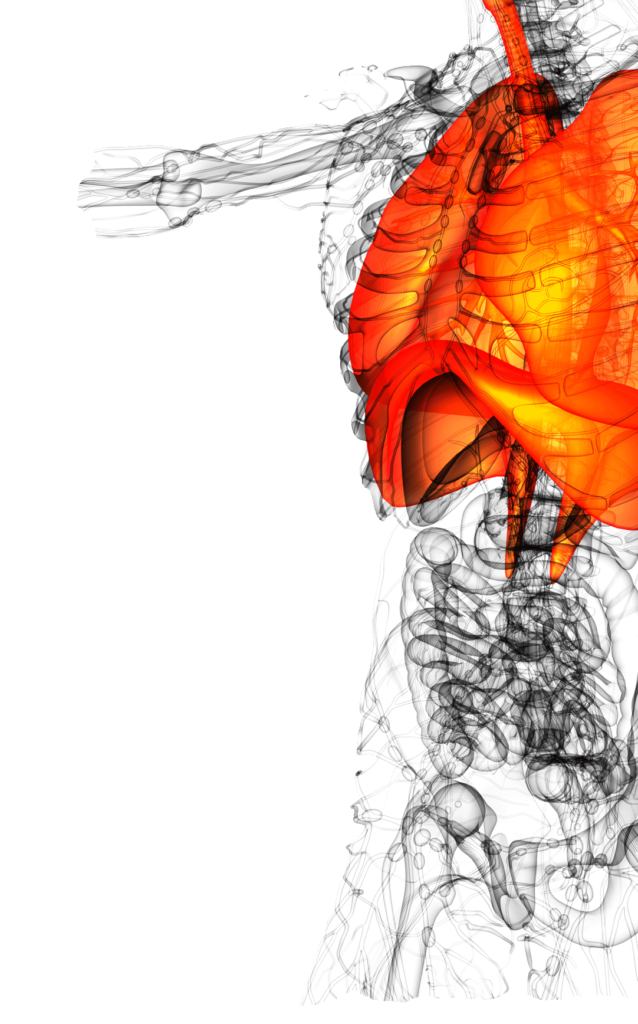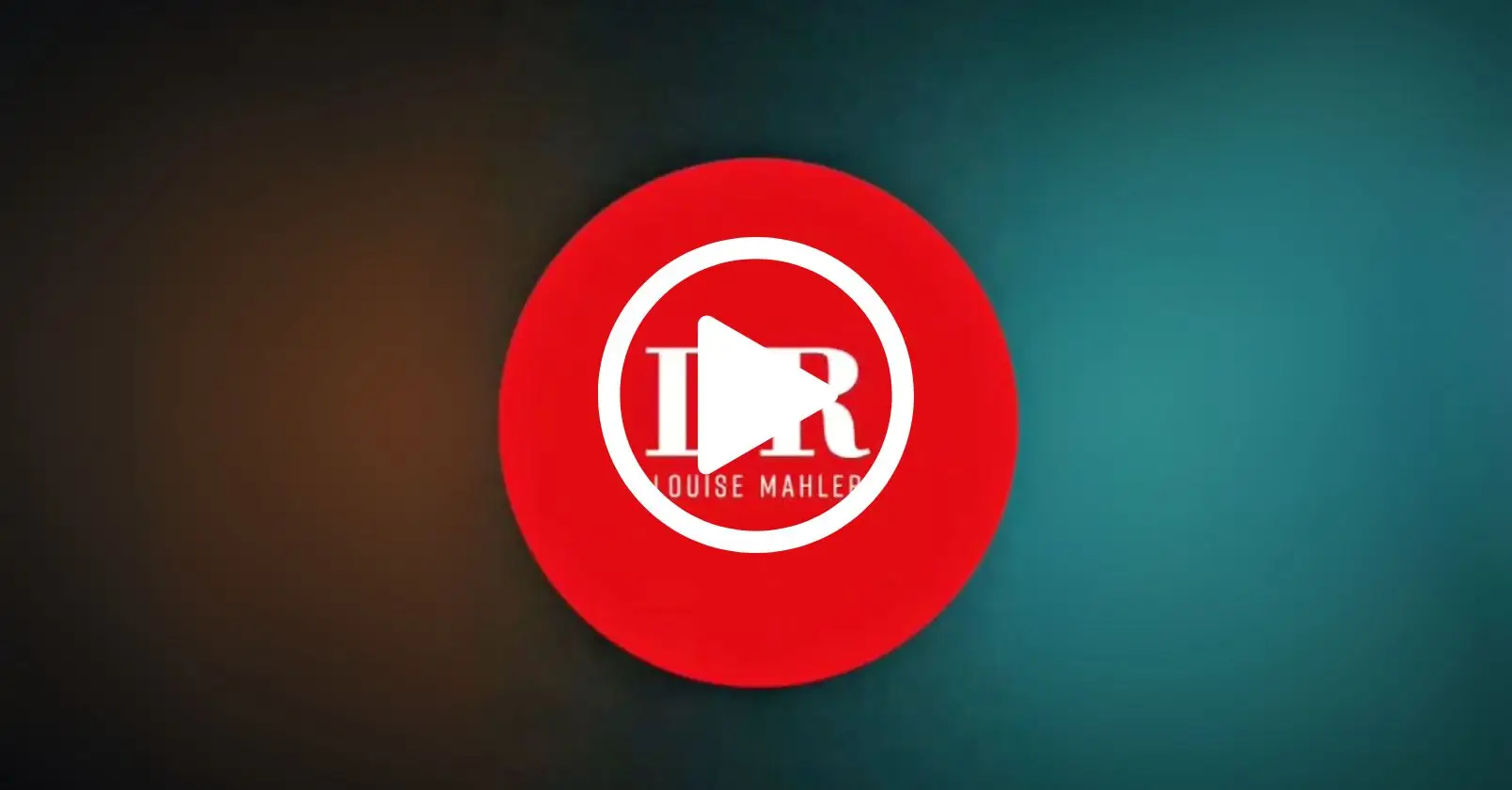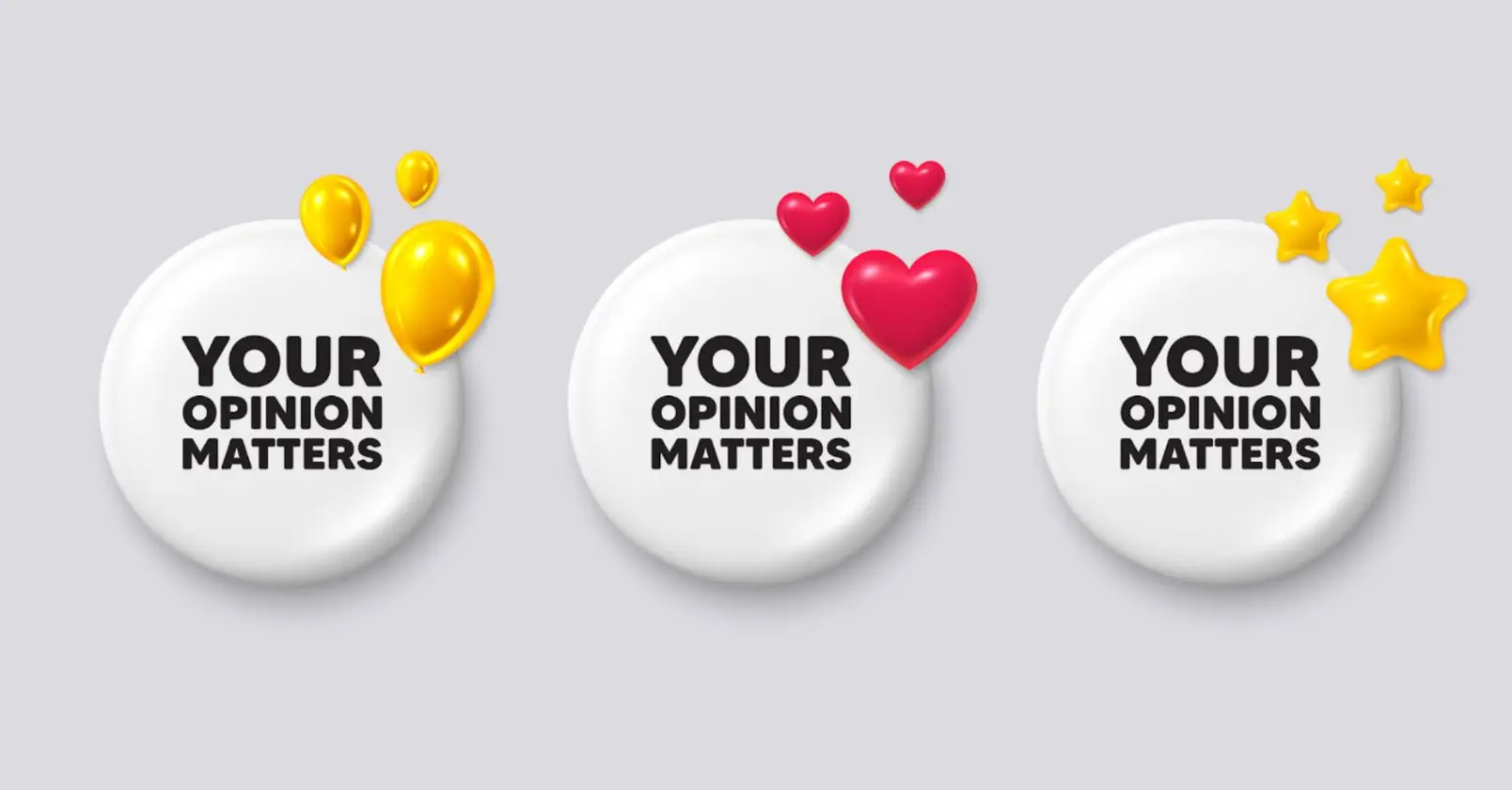THE MISSING INGREDIENT PREVENTING YOU FROM CAREER SUCCESS – The missing ingredient is something I’ve noticed in all my years as a professional speaker, leadership coach and body language & behavioural expert. It permeates through our communication channels, it sabotages your impact of what we need to say and it distances you from those with who you need to connect. Its absence is sorely amplified in our current age of virtual conferencing and remote work environments. Here, I’ll share with you how I believe understanding the missing ingredient can take your communication to new levels, and ultimately remove the barriers to your career and relationships.
I bet you’re dying to know, “what is the missing ingredient, Louise?” Well, it’s everything other than words in a communication. Namely, body language and your voice. Many people believe that their ways of communicating in these aspects are fixed, and unchangeable, but it’s all a choice. Trust me, with a life of professional opera behind me I can tell you that changing the voice and how you hold yourself is the name of the game as a singer, and we’re all familiar with the incredible capacity for actors to perform incredible accents and voices for unique characters. This power for change is innate within us. It’s not biology that we’re changing, it’s habit!
Let’s start with body language. For everything you change about your body language in order to communicate better, there’s going to be two benefits. No doubt, your ability to communicate and have your voice be heard will improve. Furthermore, you will simply feel better. As a by-product of feeling better you’ll be able to speak with greater confidence and influence, as well as set your audience at ease. How wonderful! A few fundamental techniques which are imperative to start practicing are keeping your voice low and flowing. Constant air flow in a natural resting register emits calm and trust. You’re sharing your air with those you speak to after all, so they’ll appreciate that. Releasing your jaw helps to relieve tension and aggression, and also keeps your airways open that little bit extra, to aid with projection. Keep your eyes relaxed when neutral, too! Having a soft focus and natural blink will save you where others often undermine themselves with furrowed brows denoting stress or discomfort.
Now, you must realise that body language and the quality of your voice majorly contributes to what you communicate and how you and your message are perceived, especially when it matters most – in high stakes, and emotionally charged situations! Yet it’s a severely underdeveloped skillset and undermines us all the time. So, I must say before we move on, you need to practice! That’s body language done, what about the voice?
My golden recommendation is to get your breath under control. You mightn’t think you can change the way you breathe, but it’s simply habitual and you can change that. Start by visualising your neck as a simple tube which must be straight to work at full capacity. This will take you very far! If you breathe into your upper chest, however, you’re doing yourself a disservice. In fact, you’re providing less oxygen to your brain and denying yourself the control you can enjoy when you simply breathe the way we’re born breathing, low in the belly! Of course, you don’t actually breathe into the belly, but that is where the breath will be seen in action. My best tip for this is that rather than thinking of breathing as taking in air, focus on giving out your breath. It’s a small mental change that will help you in your transition to belly-breathing.
Is it hard to change these habits? Well, while it certainly isn’t easy, practice is key! So be mindful whenever you’re communicating from this point on that you’re breathing low, supporting yourself with straight alignment, speaking in a calm, trustful tone with flowing air, relaxing the eyes, and doing your due diligence to physically support the message you’re communicating. It’s a fine art. So, start now and don’t look back! Hopefully this blog has opened your eyes to what I call the missing link and has given you a few things you can focus on to improve the way you communicate. If you’d like to learn more about ways to build presence and influence in life and throughout your career, then check out more content on my website, or social media channels, as well as the courses, coaching’s and keynotes I provide on the topic!




